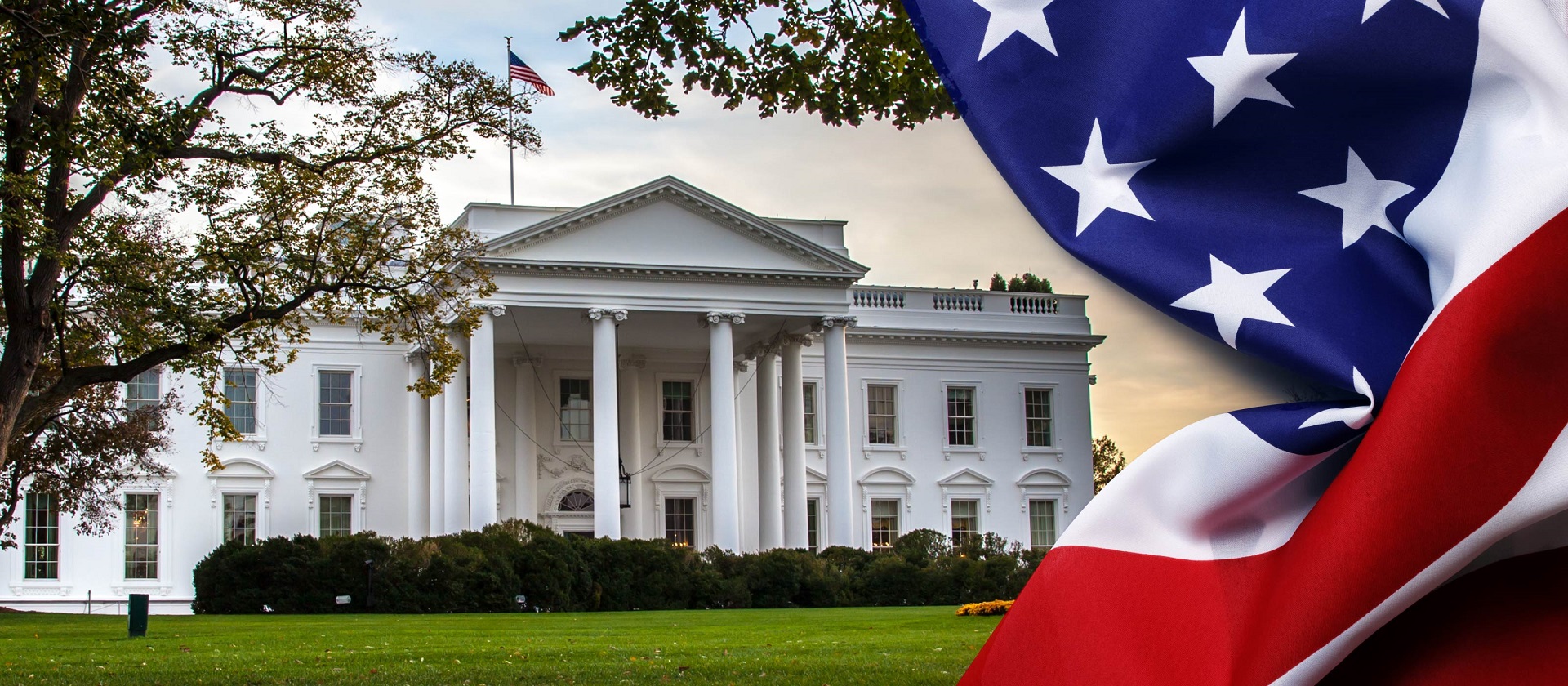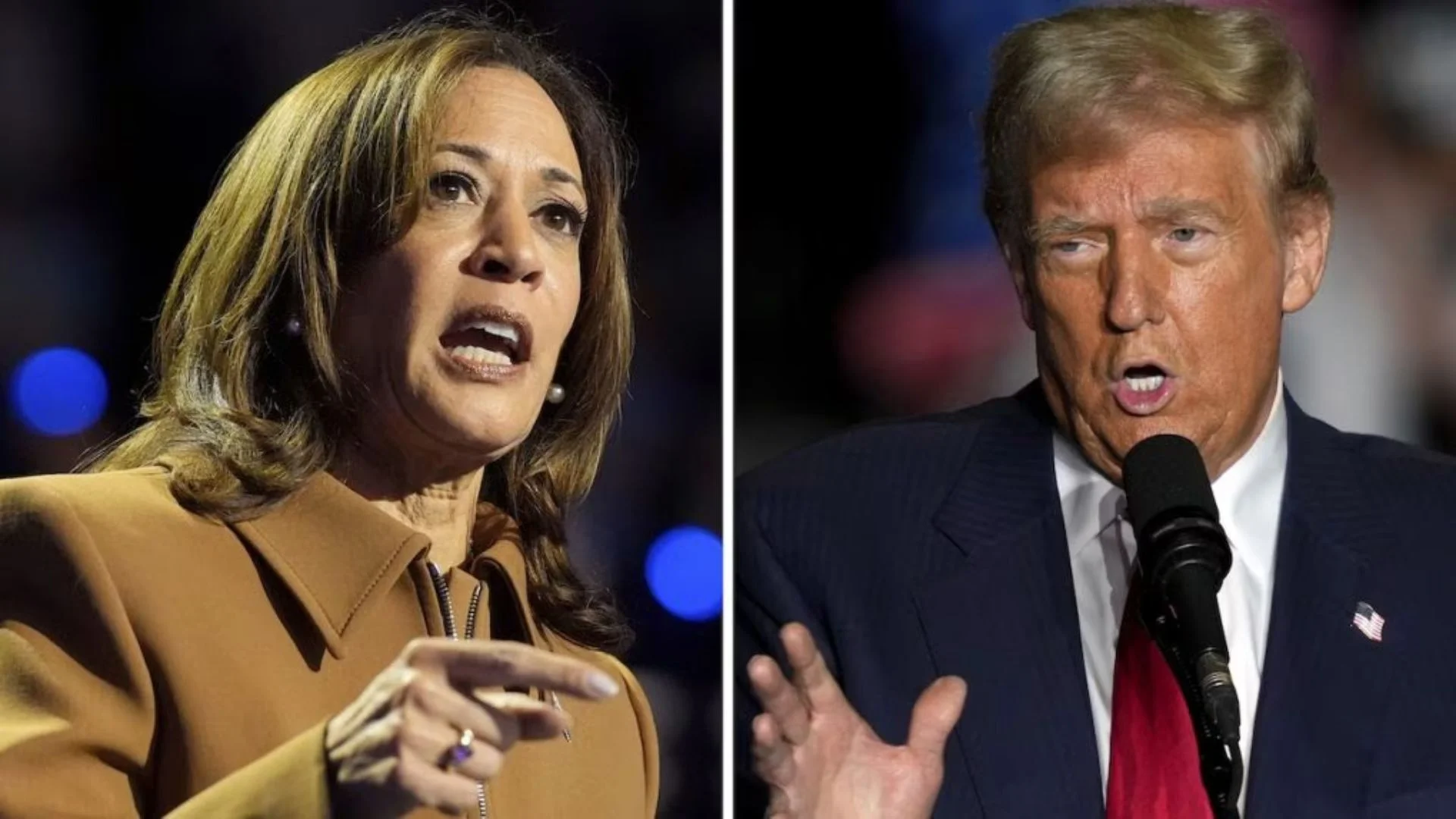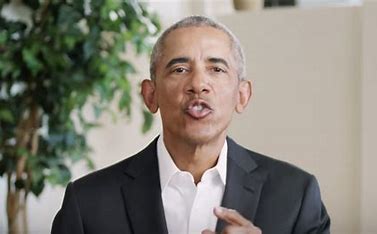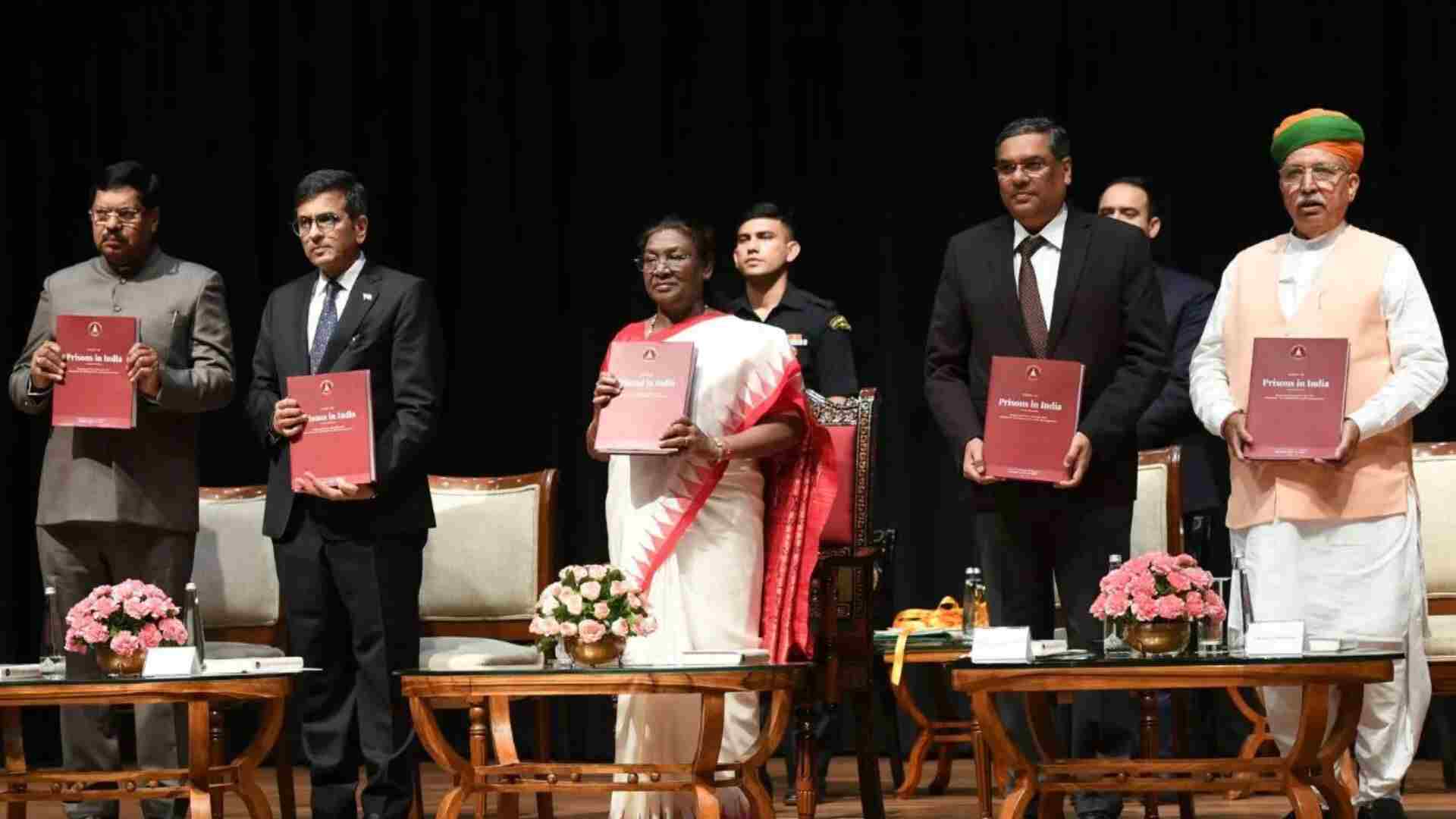
In a groundbreaking moment for civic engagement in Kenya, president William Ruto participated in a live discussion over X, just after 10 days of deadly anti-government protests. This event marked an unprecedented move in Kenyan politics, showcasing the president’s willingness to directly communicate with the citizens in real-time.
The anticipation was palpable as Kenyans eagerly awaited the interaction. However, the beginning was fraught with technical difficulties. Participants struggled to connect, leading to three or four false starts. Finally, after a shaky first hour, Osama Otero, an X user known for his vocal opposition to a controversial finance bill, took the helm. Otero, once seen as a rival voice to the president’s efforts, now had the power to decide who could speak.
Otero set the tone with hard-hitting questions. “Are we in a terrorist country?” he asked, referring to the police’s brutal response to the protests, which left dozens dead. He challenged the government’s casualty figures, suggesting that possibly hundreds had died. President Ruto countered, demanding evidence of the alleged hidden bodies and the identities of the families involved.
Other speakers did not hold back. Miller, a cameraman who witnessed a protester being shot dead, voiced his anger directly: “Do we really matter as people who elected you? I’m really pissed off. Guys, go back and reflect.” Marvin Mabonga, an unemployed university graduate, criticized the competence of the president’s cabinet, reflecting widespread frustration among young Kenyans.
The interaction highlighted the changing dynamics of public discourse in Kenya. Social media platforms like X have provided an unfiltered forum for citizens to question authorities directly. This historic engagement allowed the public to confront the president in a way never before seen in Kenya. Former President Uhuru Kenyatta had deactivated his X account due to incessant comments from “Kenya’s online army,” but Ruto embraced the platform, setting a strong precedent for transparency and accessibility.
President Ruto addressed the emotional question of whether he had reached out to the families of those killed or injured in the protests. He revealed that he had contacted the mother of a 12-year-old who was shot dead just outside Nairobi, showcasing a personal touch amidst the political turmoil.
The significance of this event extends beyond the immediate interaction. It underscores the growing influence of social media in shaping political discourse and holding leaders accountable. Kenyans on Twitter, now X, have previously forced corporations to issue apologies through their activism. However, this live engagement with the president marks a new level of direct accountability.
With 163,000 participants at its peak, the X Space event may seem small compared to Kenya’s population of over 56 million. Yet, social media conversations often amplify once they hit the streets, influencing broader public opinion. The recent protests have sparked widespread discussions on the country’s laws and taxes, demanding greater accountability from the government.
President Ruto’s willingness to participate in such a contentious debate reflects his political style. Known for not shying away from challenging questions and situations, he is considered more accessible by the media than his predecessors. This event sets a strong precedent for the office and future successors, highlighting the potential for technology to bridge the gap between citizens and their leaders.















